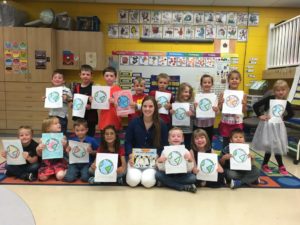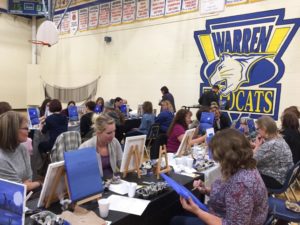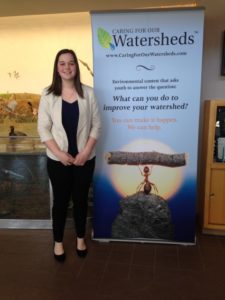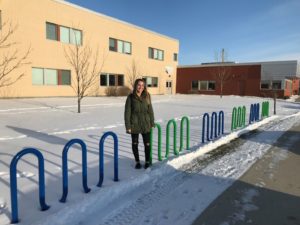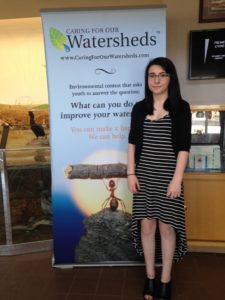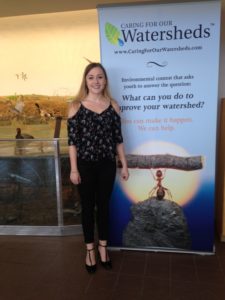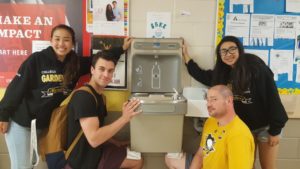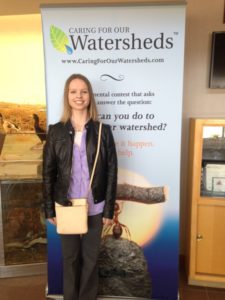2017, Winnipeg, Manitoba, Canada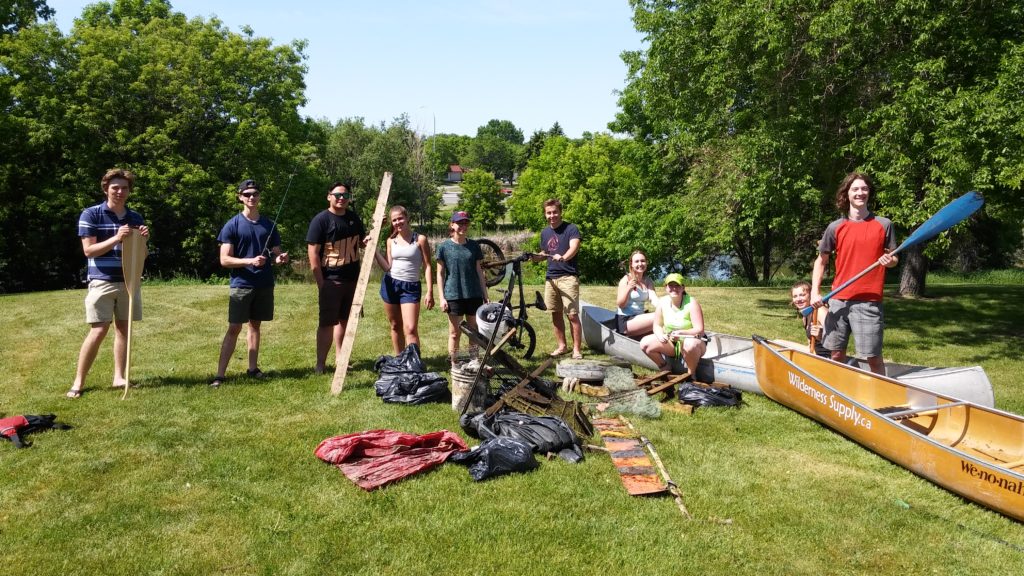
Luke Roffey from Westwood Collegiate is passionate about the creek near his home. “Sturgeon Creek provides vital habitat for many species of birds, mammals, amphibians, and fish, and it’s a critical piece of nature in an otherwise urbanized landscape.” He proposed an underwater cleanup with his peers using canoes and litter removal equipment.
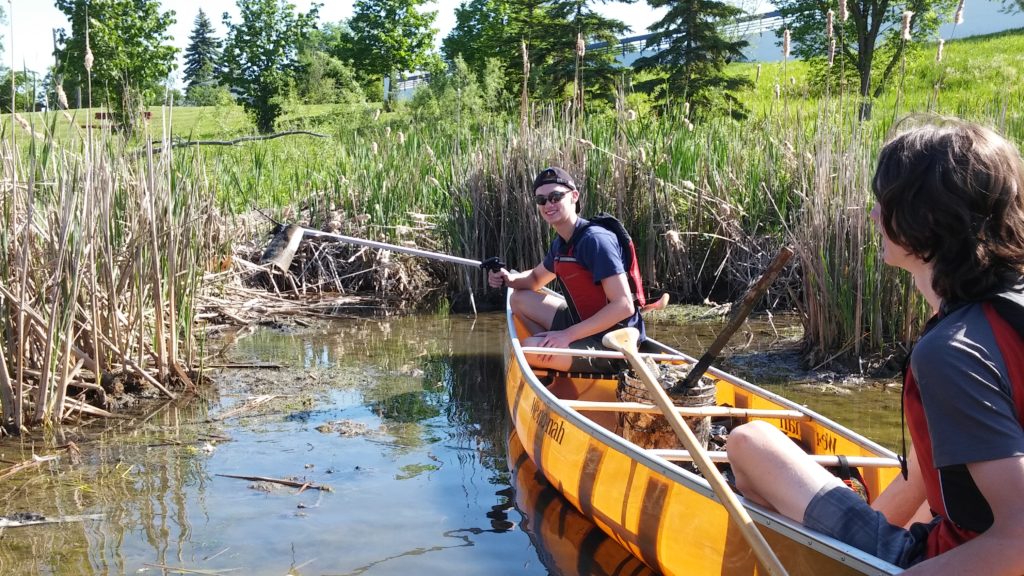 “An underwater litter removal project has never been done in Sturgeon Creek before, and judging by the amount of garbage Westwood students remove from the banks of the creek each year, there is likely a lot of garbage under the surface that needs to be cleaned up. Removing garbage from an aquatic ecosystem such as a stream greatly increases the quality of the habitat for wildlife. Gone are hazards that can cause injury and entanglement for animals. Removing floating and submerged garbage will dramatically increase not only the natural beauty of the park, but also the functionality of the ecosystem.
“An underwater litter removal project has never been done in Sturgeon Creek before, and judging by the amount of garbage Westwood students remove from the banks of the creek each year, there is likely a lot of garbage under the surface that needs to be cleaned up. Removing garbage from an aquatic ecosystem such as a stream greatly increases the quality of the habitat for wildlife. Gone are hazards that can cause injury and entanglement for animals. Removing floating and submerged garbage will dramatically increase not only the natural beauty of the park, but also the functionality of the ecosystem.
Many people, especially youth, have become very disconnected with the environment, and participating in my project will allow them to reconnect with nature. Canoeing in particular can be very therapeutic, thus by participating in my project students will not only be bettering their local watershed, but also bettering themselves.”
Upon hearing of the project, a local company “Wilderness Supply” offered to loan all of the equipment free of charge. During the cleanup, students engaged with passerby’s explaining their project and the importance to the watershed. It was a great day they now hope to repeat on an annual basis.
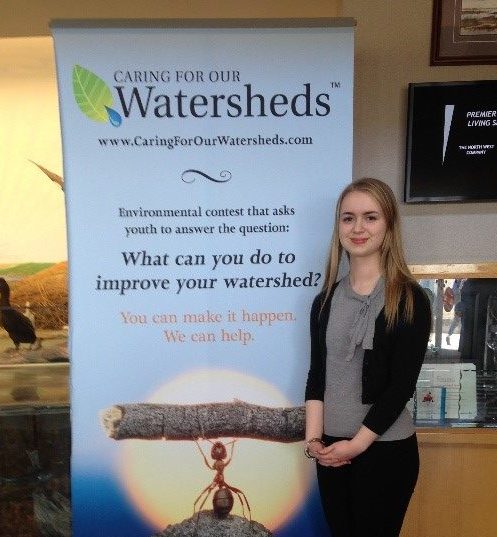 2018, Winnipeg, Manitoba, Canada
2018, Winnipeg, Manitoba, Canada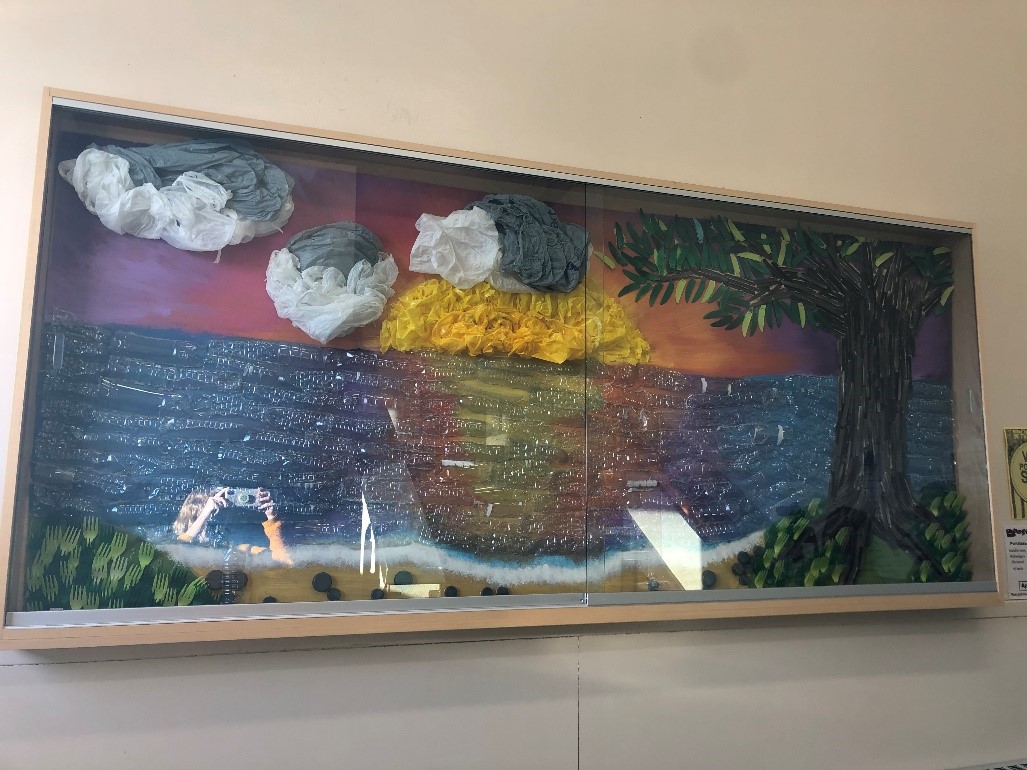
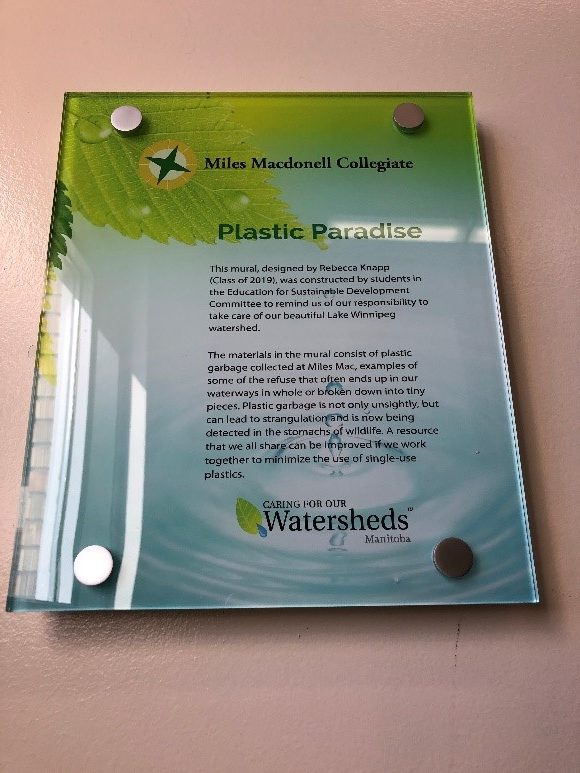

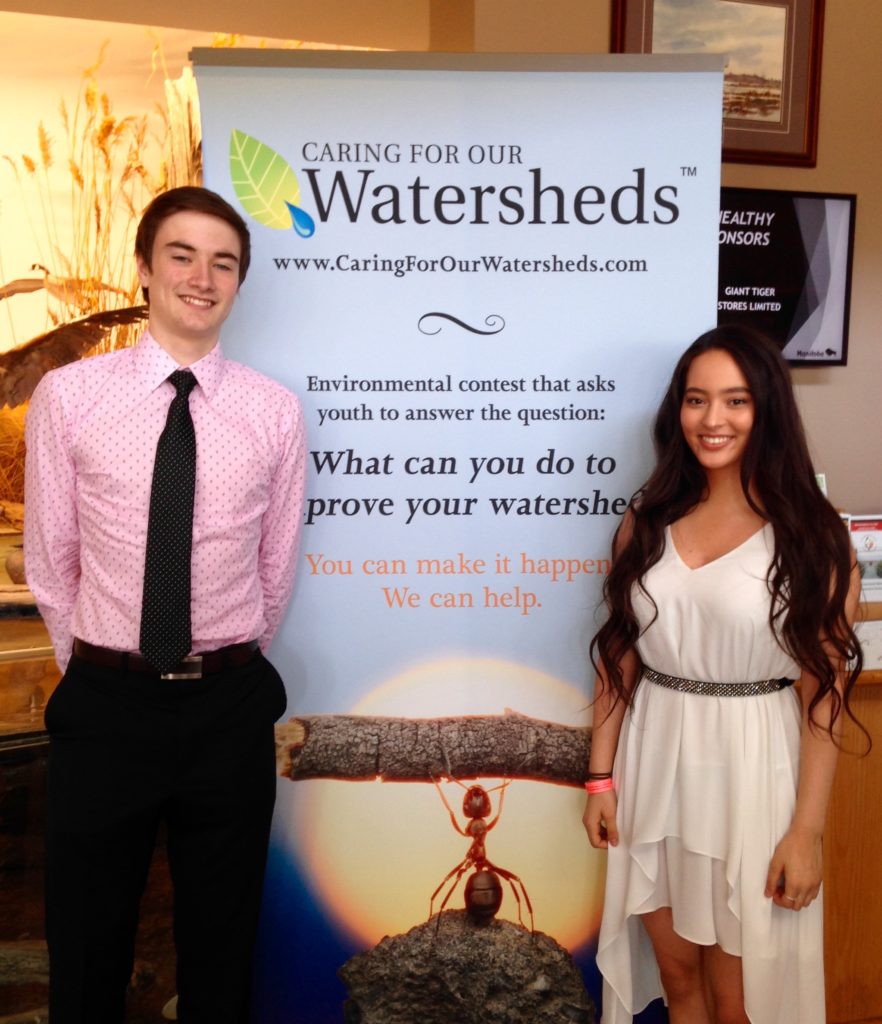 motivate others to create change in their community.
motivate others to create change in their community.
 “An underwater litter removal project has never been done in Sturgeon Creek before, and judging by the amount of garbage Westwood students remove from the banks of the creek each year, there is likely a lot of garbage under the surface that needs to be cleaned up. Removing garbage from an aquatic ecosystem such as a stream greatly increases the quality of the habitat for wildlife. Gone are hazards that can cause injury and entanglement for animals. Removing floating and submerged garbage will dramatically increase not only the natural beauty of the park, but also the functionality of the ecosystem.
“An underwater litter removal project has never been done in Sturgeon Creek before, and judging by the amount of garbage Westwood students remove from the banks of the creek each year, there is likely a lot of garbage under the surface that needs to be cleaned up. Removing garbage from an aquatic ecosystem such as a stream greatly increases the quality of the habitat for wildlife. Gone are hazards that can cause injury and entanglement for animals. Removing floating and submerged garbage will dramatically increase not only the natural beauty of the park, but also the functionality of the ecosystem.